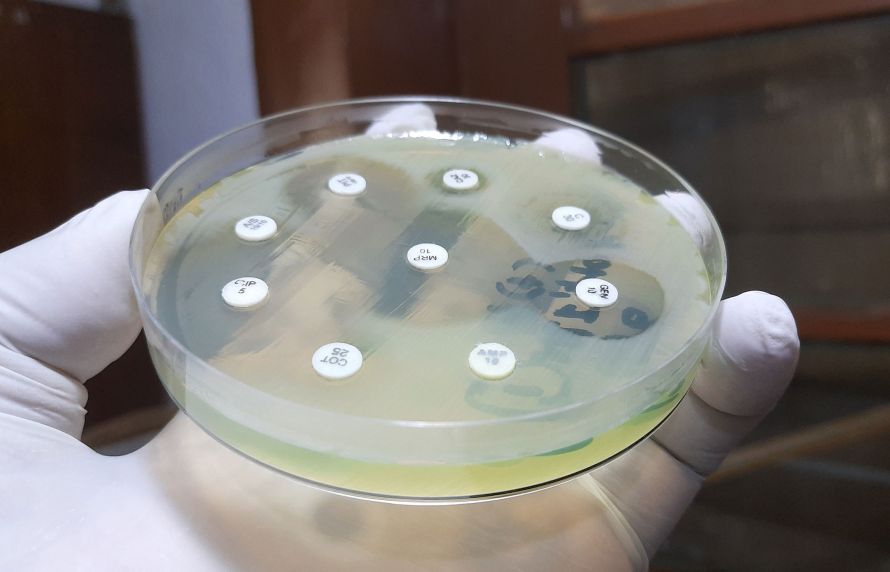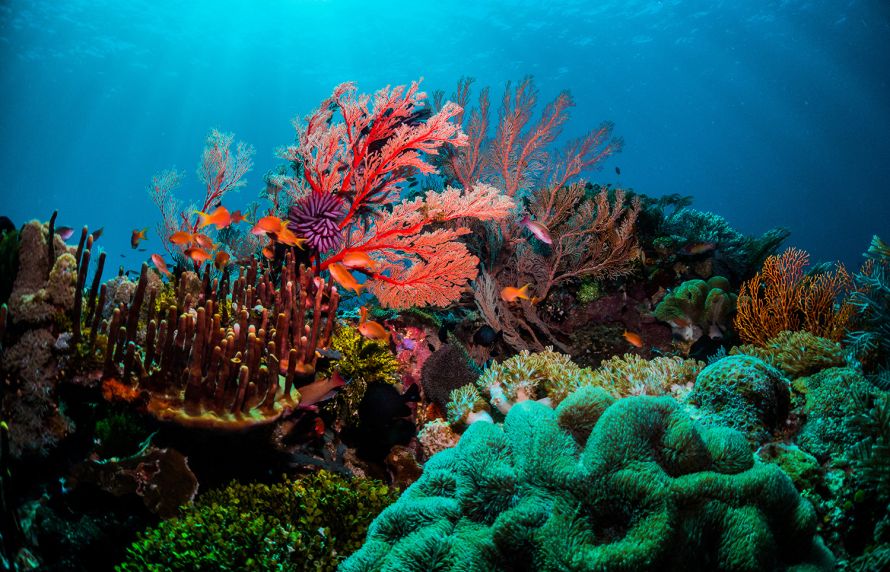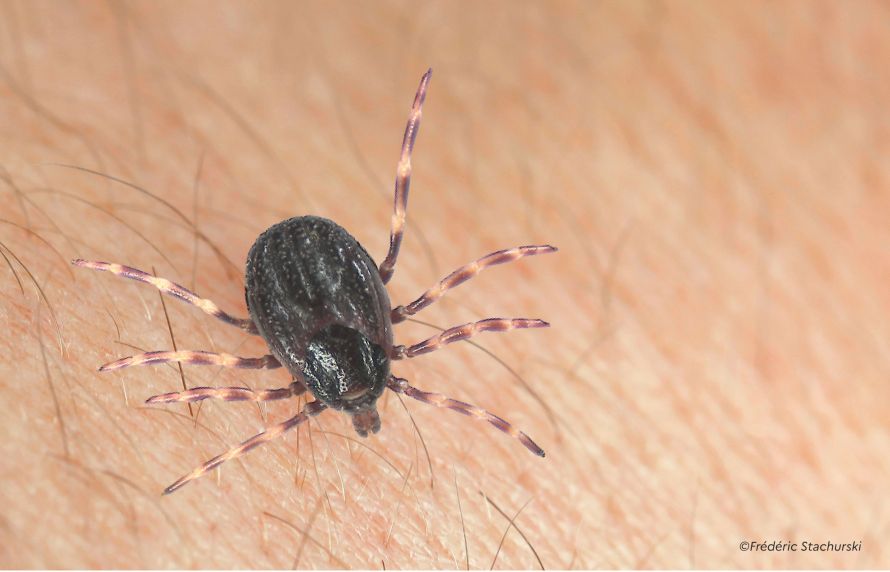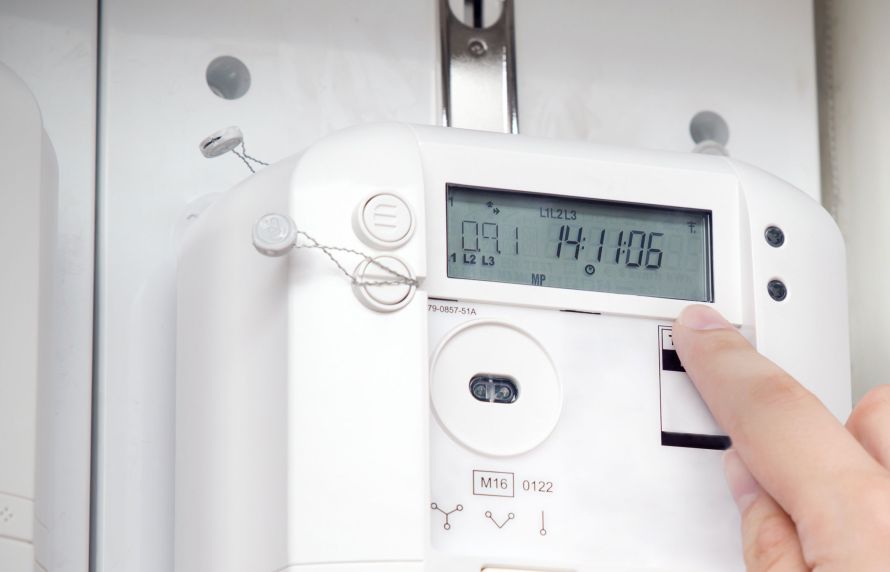The coral reefs are a part of the ecosystems affected by climate disruption. But what do we know about the impact of chemicals on these reefs? With the support of the French Biodiversity Agency (OFB), ANSES has looked into the health risks of these substances. Of the hundred or so substances identified as potentially toxic to corals, the Agency was able to carry out a risk assessment for around fifty of them, based mainly on data available from Guadeloupe, Martinique, Réunion Island and Mayotte. These include UV filters, hydrocarbons, pesticides and metals. The report shows that half of the substances assessed may present risks for coral reefs and contribute to their degradation. The Agency warns that, in the absence of available data, this number is very likely to be underestimated.









